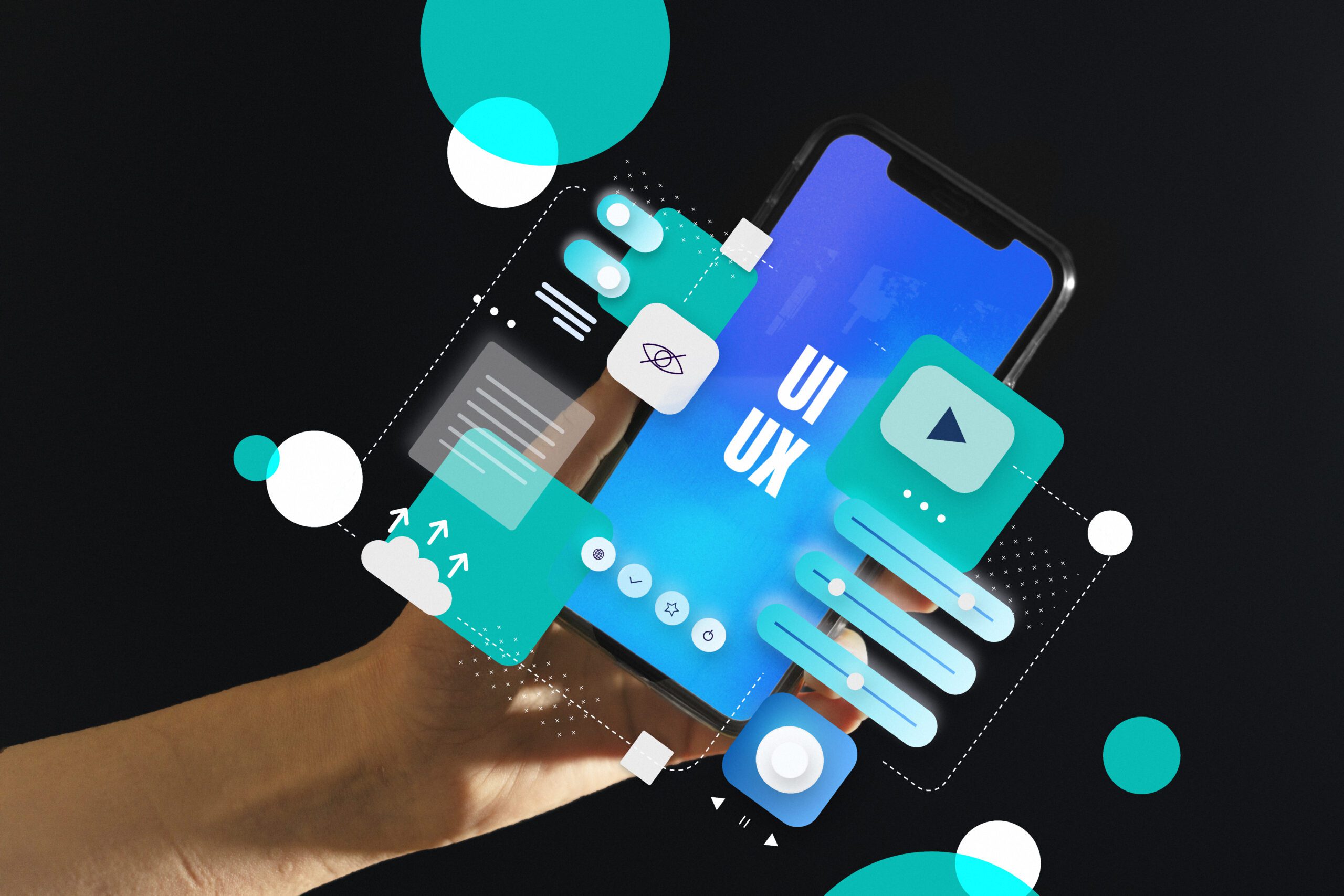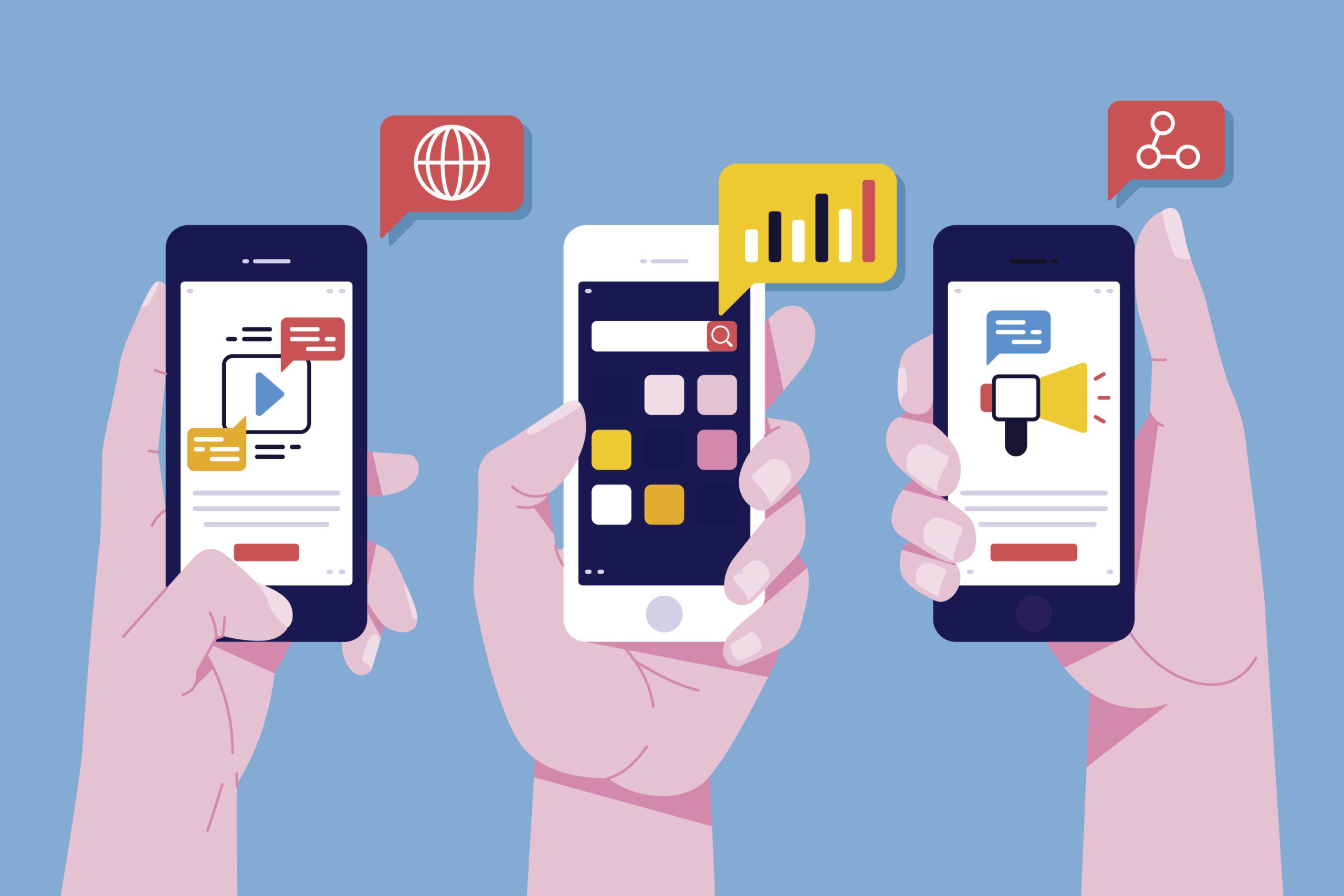The mobile app development landscape has undergone a dramatic transformation since the first smartphone apps emerged in the late 2000s. What started as simple tools and games has evolved into a multi-billion-dollar industry that shapes how we communicate, work, and entertain ourselves. This article explores the journey of mobile app development, highlighting key milestones, technological advancements, and the profound impact on consumers. For more insights and resources on mobile app development, visit diginessss.com
The Early Days: A Simple Start
The Birth of Mobile Apps
The inception of mobile apps can be traced back to the launch of Apple’s App Store in 2008 and Google’s Android Market (now Google Play) shortly after. These platforms opened the door for developers to create and distribute apps to a global audience. Early apps were relatively simple, focusing on basic functionalities such as weather updates, news, and games like “Angry Birds.”
Limitations and Challenges
In the beginning, developers faced numerous challenges, including limited hardware capabilities, lack of standardized development tools, and fragmented operating systems. The primary goal was to create lightweight applications that could function smoothly on early smartphones with minimal memory and processing power.
Technological Advancements: Powering the Evolution
The Rise of Smartphones and Tablets
As smartphone technology advanced, so did the capabilities of mobile apps. The introduction of more powerful processors, improved battery life, and larger screens allowed developers to create more complex and feature-rich applications. The advent of tablets further expanded the possibilities, offering a larger canvas for app developers to innovate.
Development Frameworks and Tools
The development of sophisticated frameworks and tools like Xamarin, React Native, and Flutter has significantly streamlined the app development process. These tools allow for cross-platform development, enabling developers to write code once and deploy it across multiple operating systems, reducing time and cost. Learn more about these tools at diginesss.com
Integration of Advanced Technologies
The integration of advanced technologies such as augmented reality (AR), virtual reality (VR), artificial intelligence (AI), and machine learning (ML) has revolutionized mobile app functionality. Apps like Pokémon Go leveraged AR to create immersive experiences, while AI-driven apps like Google Assistant and Siri have become integral parts of daily life.
The Consumer-Centric Era: Meeting User Expectations
User Experience and Interface Design
In today’s competitive market, user experience (UX) and user interface (UI) design are critical to an app’s success. Apps must be intuitive, fast, and visually appealing to retain users. The focus has shifted to creating seamless and personalized experiences, with developers using data analytics to understand user behavior and preferences.
Security and Privacy
With the increase in mobile app usage, concerns over security and privacy have also risen. Developers must ensure that apps are secure, protecting user data from breaches and cyberattacks. Regulations like GDPR have further emphasized the importance of data privacy, pushing developers to adopt more stringent security measures. Find out more about securing your app at diginesss.com
Monetization Strategies
Monetization strategies have also evolved, with developers exploring various models such as in-app purchases, subscriptions, freemium models, and ad-supported apps. The goal is to create a sustainable revenue stream while providing value to the user.
The Impact on Consumers: Transforming Daily Lives
Communication and Social Interaction
Mobile apps have fundamentally changed how we communicate. Apps like WhatsApp, Facebook, and Instagram have connected billions of people worldwide, facilitating instant communication and social interaction. Video calling and messaging apps have made it easier to stay in touch with loved ones, regardless of geographical distance.
Work and Productivity
The rise of productivity apps has transformed the workplace, enabling remote work and collaboration. Tools like Slack, Trello, and Zoom have become essential for business operations, allowing teams to communicate and collaborate effectively from anywhere.
Entertainment and Lifestyle
Entertainment apps like Spotify, Netflix, and TikTok have redefined how we consume media. These platforms offer personalized content, catering to individual tastes and preferences. Additionally, lifestyle apps focused on fitness, health, and finance have empowered users to take control of their well-being and personal goals.
Conclusion
The evolution of mobile app development from its humble beginnings to its current state has been nothing short of remarkable. Technological advancements, user-centric design, and innovative monetization strategies have driven this growth, making mobile apps an integral part of our daily lives. As technology continues to advance, the future of mobile app development promises even more exciting possibilities, further enhancing the way we live, work, and interact with the world.
Mobile app development has not only transformed industries but also had a profound impact on consumers, shaping modern society in ways we could never have imagined a decade ago. The journey from concept to consumer impact is a testament to the power of innovation and the endless potential of technology. For more information and resources on the future of mobile app development, visit diginesss.com



